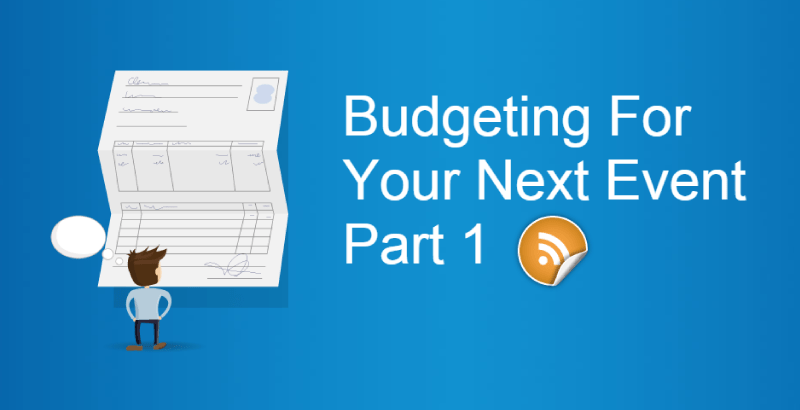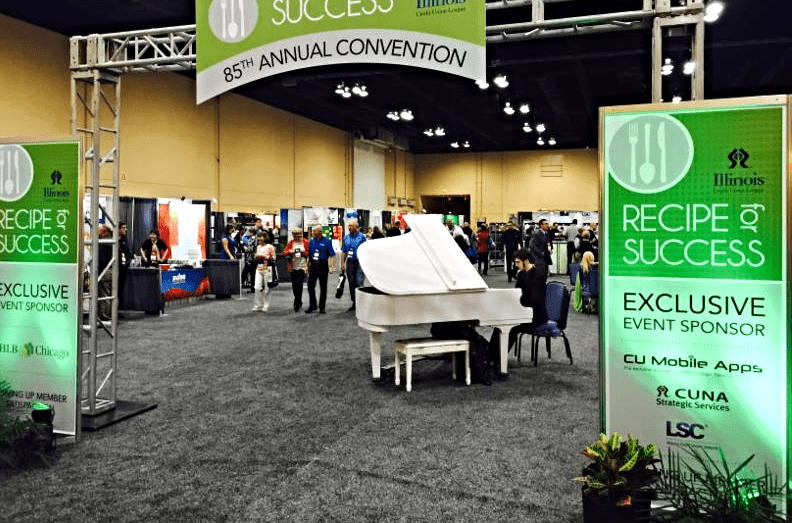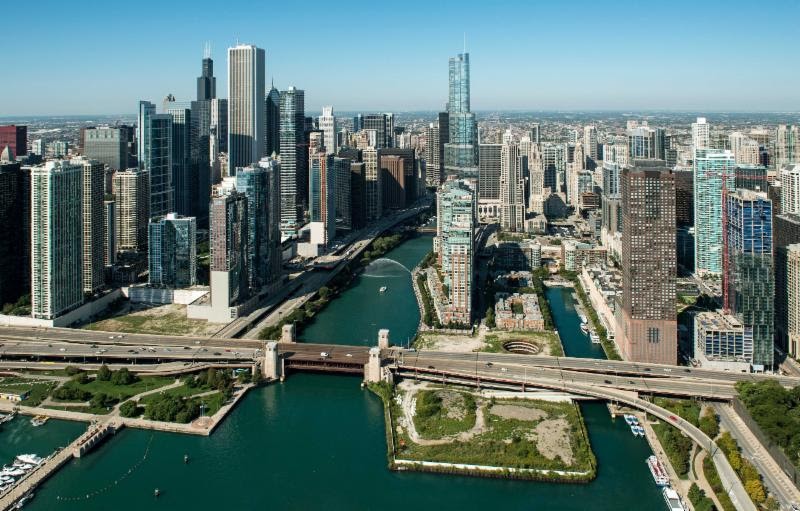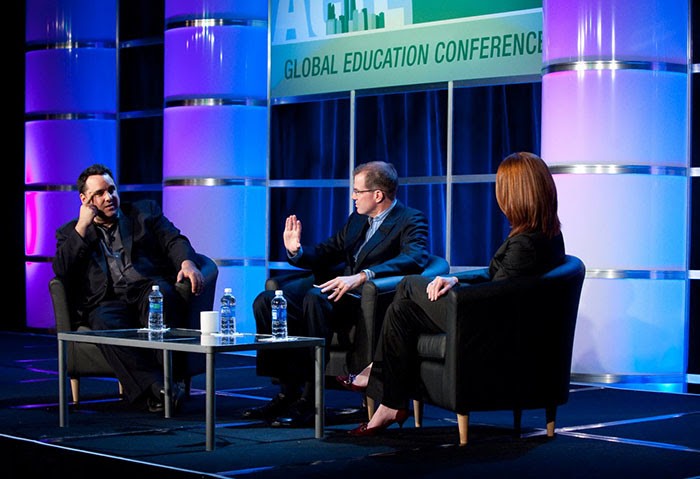
People love trade shows for the glitz and glam, and all the opportunities to rub elbows and network. Before the time to shine shows its beautiful smacker, there’s a lot of sheer logistics and hard examination of the numbers game.
In order to ensure your glitz and glam goes off without a hitch, you must put in the extremely unsexy work of developing a thoughtful budget. With some diligence, perseverance, and the right advice, it will be an accurate budget that nets you the event you envisioned.
What does one need to know to start budgeting for a trade show?
The basic requirements for trade shows will include costs like site rental, food catering, transportation, decor, entertainment, printing, and labor. That’s a lot to consider for first timers, and it may be overwhelming. To make things simple, Mike Bojesen, President of SourceOne Events, suggests starting from the inside out.
Establishing the booth pricing is really important for establishing a budget. Your booth pricing will help pay for the majority conference.
The exhibitors at trade shows are the people that attendees will be interacting with the majority of the time, and it makes sense to start with the bones of the event – the booths. Approximately 80% of trade shows are less than 200 booths, and booth pricing of exhibitors may range anywhere from $19 to $37 per square foot on 10′ x 10′ booth. Understanding how much money is coming in will help determine how much can go out.

Location, Location, Location!
The popular real estate phrase “location, location, location” also plays a huge factor when factoring costs for trade shows. As it turns out, there are three tiers of cities for your events. Tier One cities are big cities like Chicago and New York. Tier Two are cities are Minneapolis, Nashville, or Kansas City. Tier Three are cities like Cincinnati or Dayton.
The city you choose to host your trade show will play into your budgeting in a couple different ways, the first of which is how much money you’ll be putting into the labor.
In the big markets, you’ll have to deal with the unions for the most part,” says Bojesen. “Unions often dictate the cost of things like the table rentals and additional labor costs that go into the show.
Union rules and pay scales may complicate and swell budgets for associations not expecting or wanting to spend quite so much money on labor. This means that those third tier locations might be more desirable for those looking to save some money.

Tricks of the Trade
Another important factor when it comes to the city choice is the accommodations. For example, we’ll take a Tier One city in Chicago, and pair it up with a Tier One accommodation like the Chicago Hilton. Now, the Hilton may get creative with you for the budgeting and give you the ballroom for free in exchange for all the business you’re about to bring them.
While you get the ballroom for free, which is great for your budget, you will still need to think about your attendees and how much they have to pay for their rooms for the nights they attend your event.
I’m a business owner of my company, and I normally send six sales reps to the event because I think they get a lot out of the meetings, the sessions, the breakout rooms, and the general sessions,” explains Bojesen. “I may say that I think it’s way too expensive, because I have to get 6 individual rooms at $300 a night, totaling $1800, whereas I normally pay $150 a night for an event in a different city. Now, maybe I only send 2 of you, and the association loses out on revenue per attendee.
The location of your event will play a huge factor both in terms of the costs for your association as well as the costs for the attendees.
It’s vitally important for the success of the event that a thoughtful balance is struck, especially when it comes to how many room blocks you get at these hotels. The hotels are going to base your rentals and all your different fees on how many room nights you commit to, because they want those room nights.
You have to be careful about how many room nights you say you’re going to commit to,” advises Bojesen. “Let’s say you’re going to hold a conference, and you guarantee the hotel that you’re going to fill 175 rooms. If you don’t fill the 175 rooms, as the association, you’re still responsible for those 175 rooms. You have to pay for the rooms every night that aren’t filled to 175.

Additional Costs to Remember
Those unexpected costs can really swell your budget. They want people to be in their facilities. They want people to spend at their bars, eating their food in their restaurants. If you don’t have the attendees come in, then you’re going to get socked with fees.
Make sure you read the out clause on those contracts,” advises Bojesen. “If you don’t read those contracts close, you may be paying a pretty hefty penalty if you decide you’re going to go somewhere else, reschedule it, or anything of that nature.
Throughout the course of planning for your trade show, there will likely be times when you want to spend more than you had intended on a particular category. Just try to make sure that it goes to the places where you want to put the extra money instead of unnecessary expenditures like paying out clauses or catching up for unrented rooms.
Make sure that extra money goes to the things that really make your trade show an unapologetic success. If you walk away from this article with just one piece of advice, Mike Bojesen would have it be this:
Assume high, don’t underestimate your budget. Pad it by 20%.